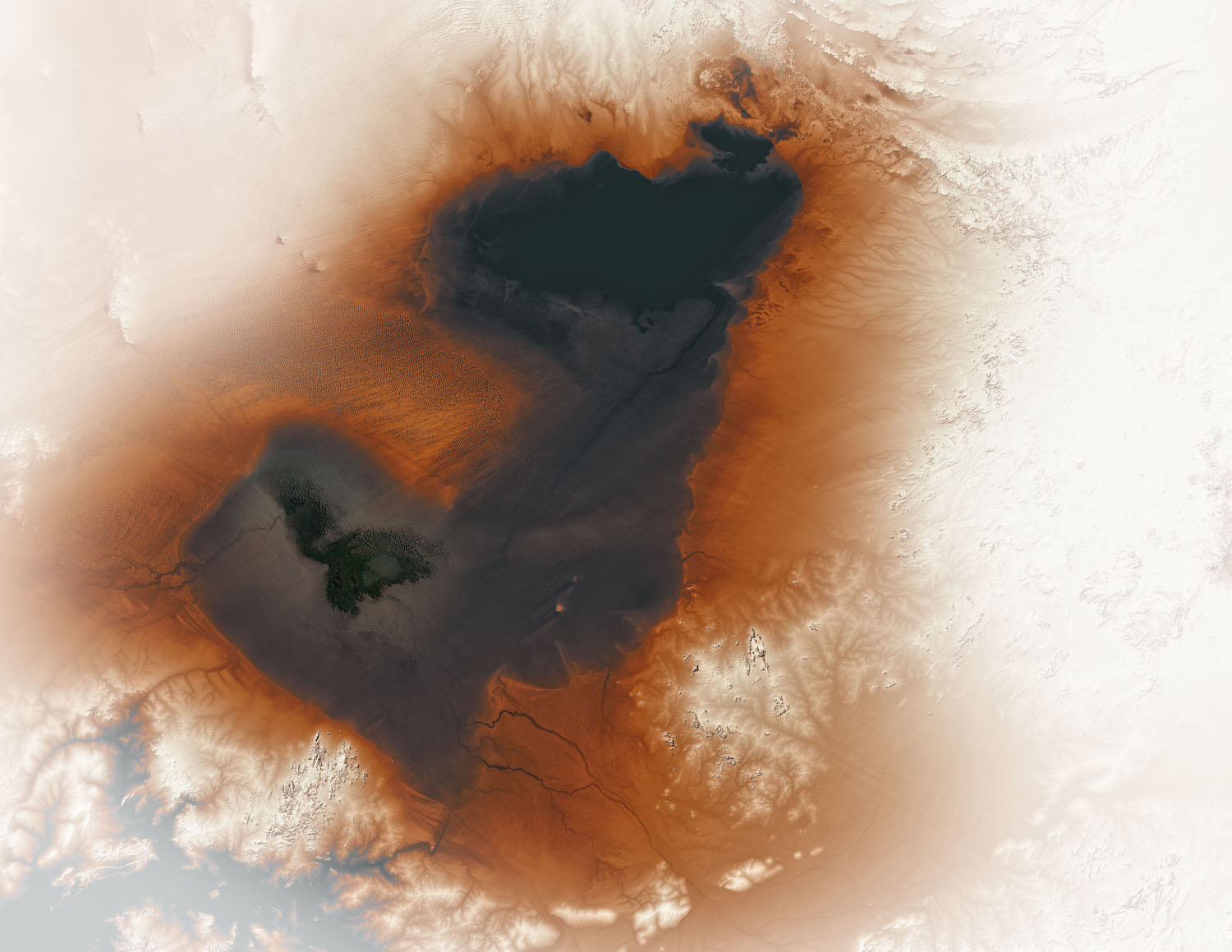September 21, 2022 • #
From John McPhee’s Annals of the Former World:
Geologists on the whole are inconsistent drivers. When a roadcut presents itself, they tend to lurch and weave. To them, the roadcut is a portal, a fragment of a regional story, a proscenium arch that leads their imaginations into the earth and through the surrounding terrane.
This is a book I’d love to revisit. So many great bits of history.
✦
August 5, 2022 • #
I just finished Robert Macfarlane’s Underland, a book about all things “underworld” — catacombs, cave exploration, underground rivers, tree root networks, and geologic time. He ties these stories together with historical backgrounds of each place, globetrotting from the Slovenian Dolomites to Greenland to Norwegian ocean caves. It’s an excellent read. Highly recommended if you like nature writing and narrative nonfiction!
In the final chapter he visits the west coast of Finland, specifically the Onkalo spent nuclear fuel repository, a 500m deep network of man-made caves designed to house up to 6,500 tons of spent nuclear...
✦
February 17, 2020 • #
Lake Chad spans 4 national borders in the central Sahel: Niger, Nigeria, Chad, and Cameroon. Since the 1960s it’s shrunk to about 5% its ancestral size, due to overuse, mismanagement, and climate shifts.

This NASA photo uses SRTM data combined with Landsat 8 to highlight the edges of the basin that was once the size of the Caspian Sea:
About 7,000 years ago, a vast lake spread hundreds of square kilometers across north-central Africa. Known to scientists as Lake Mega Chad, it...
✦
February 9, 2019 • #
This is a great breakdown of the different elements of LiDAR technology, looking at three broad areas: beam direction, distance measurement, and frequencies. They compare the tech of 10 different companies in the space to see how each is approaching the problem.
Taking off of the Wikibooks project, this team is aiming to generate books from Wikipedia content using ML techniques.
Given the advances in artificial intelligence in recent years, is there a...
✦
January 5, 2019 • #
My colleagues Bill Dollins and Todd Pollard (the core of our data team), wrote this post detailing how we go from original ground-based data collection in Fulcrum through a data processing pipeline to deliver product to customers. A combination of PostGIS, Python tools, FME, Amazon RDS, and other custom QA tools get us from raw content to finished, analyst-ready GEOINT products.
The 518 coordinated flights operation, by 16 Northern California emergency responder agencies, is one of...
✦
March 15, 2016 • #

I majored in geography in college and always liked earth sciences. I dabbled a bit with classes that were related, but not core to geography study — your basic geology courses and a class in geodesy. One of the classes I took called “Geology of the National Parks” had an applied approach to explaining the foundations of geology. Something about hopping from Katmai to Yosemite to the Everglades made me see geology as more than rocks and minerals. I loved the massive scope and scale of the Earth’s 4.5 billion years. Normally anything...
✦
September 29, 2014 • #
Yesterday I read this fascinating piece on the state of Louisiana’s gulf coast. This slow, man-induced terraforming of the coastline is permanently eradicating bayou communities, and becoming a high-profile issue in the state. One of the author’s contentions is that the misrepresentation of the state’s ever-changing shape on official maps is a contributor to the lack of attention paid to this drastic situation. I love this use of correct maps as an amplifier of focus, to clarify what bad maps are hiding from the general population.
This issue of map miscommunication isn’t isolated to crises like the one happening...
✦

